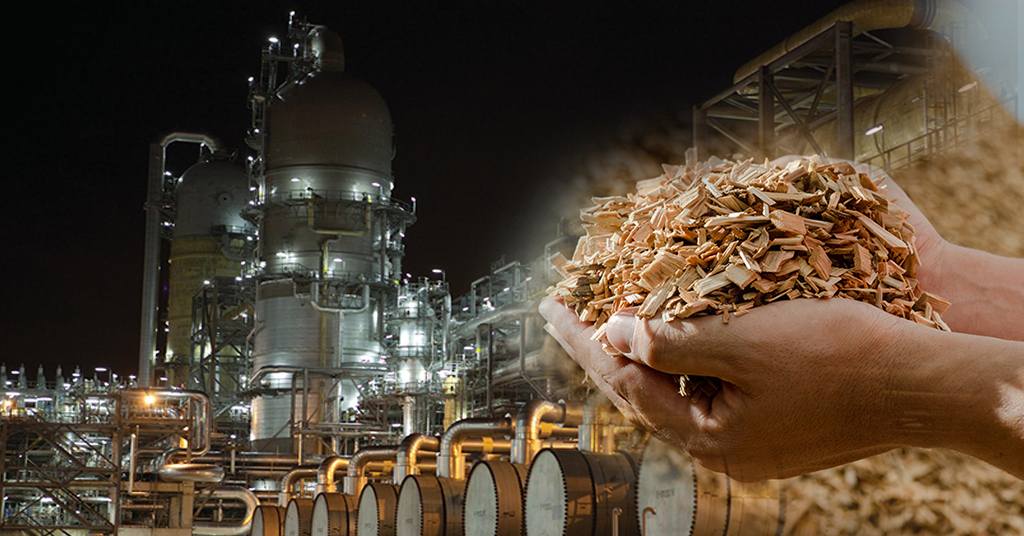Welcome To ChemAnalyst

Over the course of the past month, Russia's energy infrastructure has fallen victim to a series of drone attacks and subsequent fires, contributing to the prevailing uncertainty in global oil and gas markets, which are already grappling with the ramifications of conflicts in the Middle East.
The ongoing and intensifying conflict between Russia and Ukraine has led to a disturbing trend of targeted strikes on each other's energy infrastructure. Both nations appear to be employing such tactics as a means to disrupt supply lines, logistics, and undermine the morale of their adversaries in the relentless two-year-long war that shows no signs of abating.
In a recent incident, Ukraine attempted to target a Russian Baltic Sea oil terminal using a drone, although the endeavor ultimately proved unsuccessful. Simultaneously, Ukraine claimed to have successfully hit targets in St Petersburg with domestically-manufactured drones. The complexity and heightened stakes of these attacks underscore the strategic importance both nations attach to controlling vital energy assets.
On January 19, a significant development occurred when four oil tanks at a sizable storage facility in the town of Klintsy, situated in Russia's western Bryansk region, caught fire following the downing of a Ukrainian strike drone by the Russian military. Ukraine's military intelligence agency neither confirmed nor denied its involvement in the incident, leaving the circumstances surrounding the attack shrouded in ambiguity.
A few days later, on the same day, a fire ravaged the Ryazan oil refinery, Russia's third-largest. This incident marked a critical blow to the country's energy infrastructure, raising concerns about the resilience of key facilities amid the ongoing conflict.
Shortly thereafter, on January 21, the repercussions of these attacks resonated further as Russian energy giant Novatek was compelled to suspend certain operations at the expansive Baltic Sea fuel export terminal in Ust-Luga. Additionally, "technological processes" at a nearby fuel-producing complex were impacted due to a fire. The cascading effects of these disruptions began to manifest in the form of potential reductions in exports, particularly in the vital naphtha sector.
The ramifications of the attacks on Russia's refineries have led to significant concerns about the country's ability to maintain its usual export levels. Preliminary estimates suggest that Russia might reduce exports of naphtha by approximately 127,500-136,000 barrels per day. This reduction, constituting around a third of Russia's total exports, underscores the severity of the operational disruptions caused by the recent fires at key refineries located on the Baltic and Black Seas.
Adding to the litany of incidents, Rosneft's Tuapse oil refinery in southern Russia halted oil processing and output on January 26 due to a fire. This development, affecting one of Russia's major oil producers, exacerbates the challenges faced by the country's energy sector.
Furthermore, Russia's second-largest oil producer, Lukoil, has taken preventative measures in response to these escalating challenges. The company opted to halt a unit at NORSI, Russia's fourth-largest refinery, located near the city of Nizhny Novgorod, some 430 km (270 miles) east of Moscow, following an unspecified "incident." The decision to suspend operations highlights the critical need for immediate responses to safeguard against potential hazards and to assess the resilience of the industry amid heightened tensions.
We use cookies to deliver the best possible experience on our website. To learn more, visit our Privacy Policy. By continuing to use this site or by closing this box, you consent to our use of cookies. More info.
